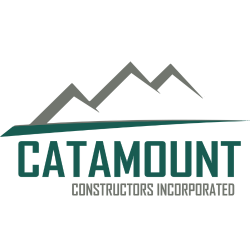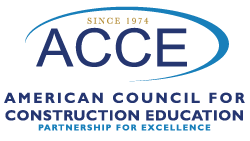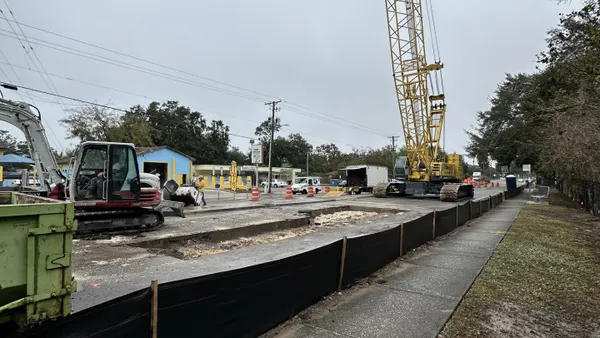UPDATE: April 1, 2019: Faced with what GoTriangle President and CEO Jeff Mann characterized as “significant challenges," the agency's board of trustees has voted to kill the $3.3 billion Durham-Orange light-rail project planned for Durham and Orange counties in North Carolina.
Duke University's decision not to sign a cooperative agreement for the rail, which was necessary to build a portion of the project near its Durham campus, in addition to its subsequent refusal to resolve its concerns via mediation, was probably the most high-profile obstacle lately. However, GoTriangle was also facing reduced state funding; lack of a final agreement with North Carolina Railroad; and rising costs and extra environmental reviews related to the addition of a downtown tunnel to the line.
Also influencing GoTriangle's decision to pull the plug was the Federal Transit Administration’s guidance that the unresolved issues with Duke and the North Carolina Railroad, as well as the additional environmental work needed for the downtown tunnel change, made it unlikely that the agency would give the project a $1.2 billion Full Funding Grant Agreement in time to meet a state-mandated deadline of Nov. 30, 2019.
This combined with a large funding gap — a $190 million shortfall from the state; $237 million of additional costs and contingencies; an $87 million fundraising gap; more than $300,000 required by the FTA to cover potential revenue shortfalls and cost overruns — made it difficult to see a path forward, Mann said in his statement to the board.
Dive Brief:
- The Research Triangle Regional Public Transportation Authority (GoTriangle), which serves Wake, Durham and Orange counties in North Carolina, said its plans for the $3.3 billion Durham-Orange Light Rail Transit project had suffered a “major setback” after Duke University officials this week refused to sign a critical agreement necessary to move the project forward. The proposed route would take the line near Duke’s patient and biomedical research facilities.
- In a Wednesday letter to Jeff Mann, GoTriangle's president and CEO, university officials said that the due diligence process thus far had not been able to adequately resolve several potential safety, ethical and financial challenges including: electromagnetic interference from the line and its impact on patient care and devices; vibration from excavation operations that would interfere with delicate surgical procedures and research; the potential for power interruption to Duke facilities; and the liability if construction or operation of the line should cause damage to people or property.
- GoTriangle said it will consult with county officials and the Federal Transit Administration to determine its next course of action.
Dive Insight:
Durham Mayor Steve Schewel suggested that GoTriangle might resort to eminent domain in order to see the highly anticipated light-rail project through to fruition, The News & Observer reported. A $237 million tunnel underneath Durham increased construction costs to from $2.4 billion to $2.7 billion, which does not include interest.
GoTriangle’s plans for the light rail line took another hit this week as well. North Carolina Railroad Company (NCRR) officials informed the agency that they could not approve plans to fit the double-track, electrified light rail system along the NCRR corridor and next to NCCR’s main line. Citing a concern for the safety of freight and Amtrak trains, as well as riders and pedestrians, railroad officials suggested that GoTriangle continue to work on the Durham-Orange design plans, which are only 20% complete. NCCR did offer to communicate to the FTA that it would approve a lease with GoTriangle as soon as mutually agreed on plans were developed.
Light rail lines continue to face opposition in some metros, amid discussions about increasing costs and declining ridership. But construction firms, which stand to benefit from the projects, are backing these systems in Phoenix. The Arizona Chapter of the Associated General Contractors of America is suing the city and a local advocacy group to nix a proposed ballot initiative that could reduce local light rail funding.
Building a Better Phoenix’s proposed measure would direct about $7 billion of light rail construction money to other transportation modes. The AZAGC is arguing that the group paid those who were gathering signatures for the petition, which the contractors say is illegal in Arizona. The chapter is also alleging that Building a Better Phoenix misled those who signed the petition by not telling them passage of the measure would affect current light rail service.











